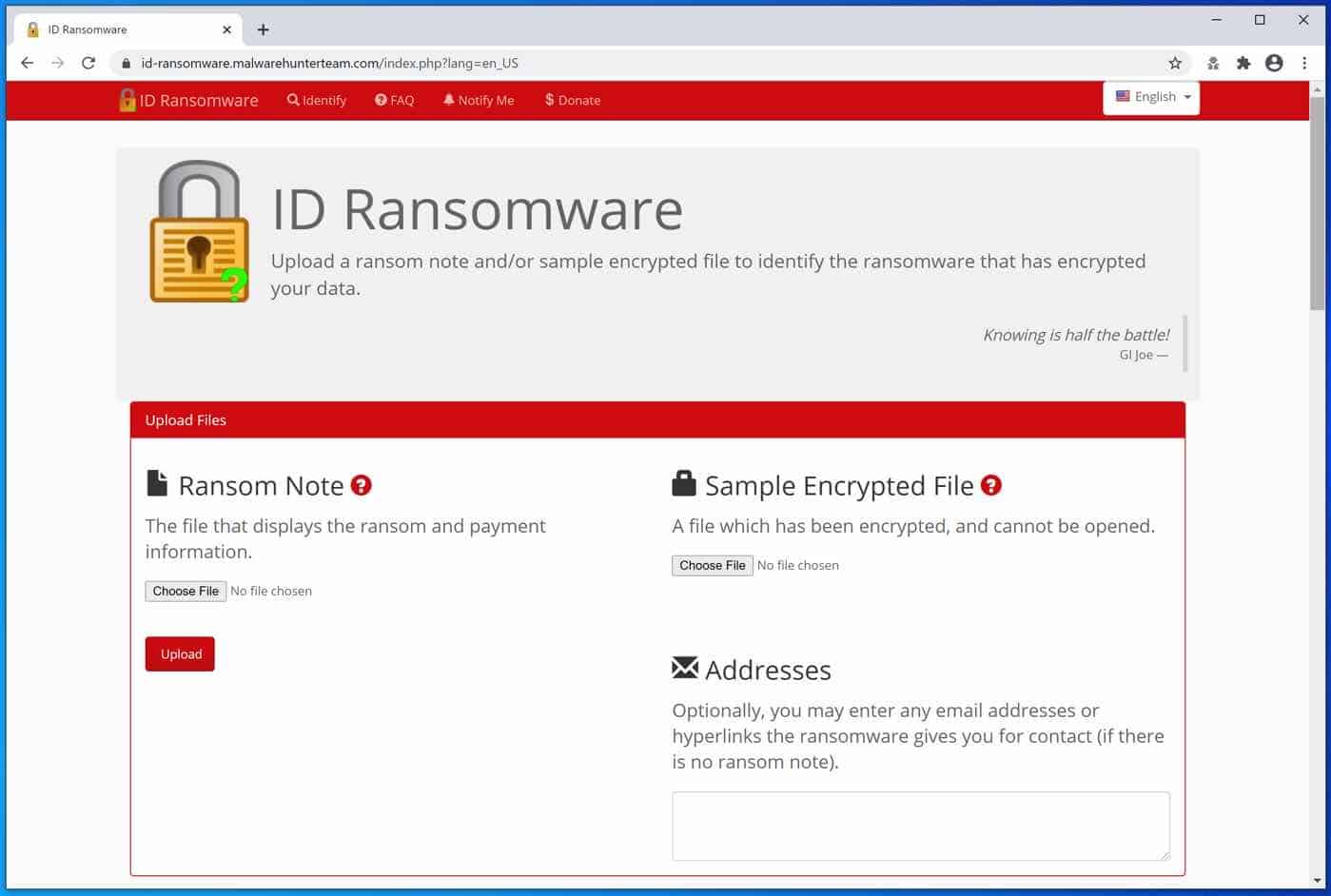Cyber crime has been on the upward spiral and has seen many people fall for the belief that they might be just helpless victims, always on the receiving end of the cyber criminals. This is not entirely true and there are measures which will be important towards making sure that cyber criminals do not get the better of us by stealing or destroying information at will. It is often reported that in order that we always keep ahead of the cyber criminals and all other acts of cyber crime, we have to think like the cyber criminal. By understanding their way of doing things and the psychology behind their activities, we can employ measures to protect our computers and devices as well as any data carried in them.
Anybody can become a victim of cyber crime and there attacks can be reported across all ages of internet users. This begins with children both at home and in school especially now that internet access has become expanded and is possible through a host of devices like the PCs, the iPads, tablets and the smartphones. These many ways of accessing the internet also mean that adults and children alike are all most likely to fall victim to cyber crime. The reality of cyber crime is that a big majority of people can admit to having fallen victim to various acts of cyber crime while online.
Looking at the statistics from the cyber crime report done by Norton, cyber crime has a total global cost estimated at USD 388 billion. This is a figure arrived at from a combination of the hard costs and the time spent Kaspersky Lab reported that for 2012 now almost coming to an end, they were able to detect an average two hundred thousand threats everyday showing that cyber crime has been on the rise.
The big question for all people should be how are we accessing the internet and what measures do we have in place to deal with the menace that cyber crime has become. Even with the knowledge that cyber crime exists and every session spent online predisposes us to the risk of falling victim to the different acts of crime. One disheartening fact is that even with the awareness on the existent threats; many individuals are apathetic to using security applications and programs to care of their online security. It is estimated that a good number of individuals will use their PCs and their mobile devices to access the internet without any security program of security application.
The most common cyber threats are the malware with special mention to computer virus, worms and Trojans. Other major forms of cyber threats are the online scam and the phishing attacks. These kinds of attacks are not only restricted to personal computers but are now seen with increasing frequency on mobile devices which include the smartphones and the tablets. These mobile devices have allowed people to have access to the internet in a very flexible manner. We therefore see many more people using their mobile phones or their tablets to browse and carry out other of their activities online. Thus the mobile devices are not exempt from the attacks and as seen this year, malware and other threats have grown tremendously especially on the android platform.
The most relevant piece of advice to all internet users is that irrespective of their activities online; be it socializing, banking, shopping, selling, they should always be on the defensive employing tips to keep away thieves, criminals and even cyber stalkers. Most of the devices we use today offer us convenience and carry professional resources, but they are a gateway to our personal information and our daily activities. These are perhaps just what cyber criminals will be after when they plan their devious plans to reach these pieces of data.
The most important steps to take are having safety precautions both for the personal computer and the mobile devices. Additionally, caution when online is advised such as revealing only necessary information and avoiding clicking on unknown links. Have good passwords for your online accounts and finally back up all of your data. This way we at an individual capacity will have drastically cut down on the chances of falling victim to cyber crime.



